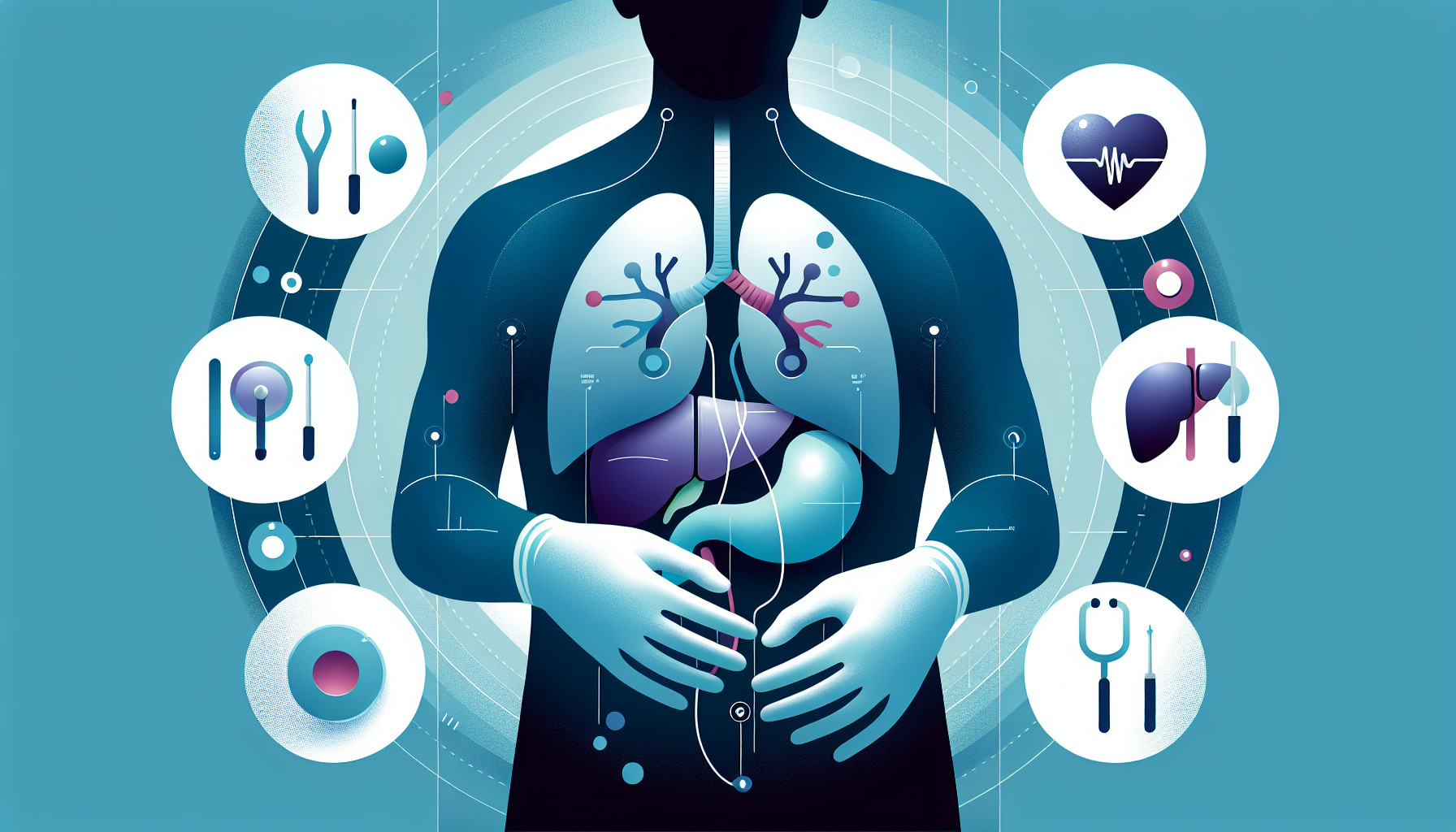Our Summary
This research paper explains that liver and kidney transplants are now the typical treatment for children with severe liver and kidney disease. Since the first successful kidney transplant in 1954, and the first liver transplant, the reasons for needing an organ transplant and the ages of donors and recipients have widened. The first children’s liver and kidney transplants, multiple organ transplants at the same time, organs donated by living donors, and organs donated after the donor’s heart stops have quickly become the normal treatment for kids with serious kidney and liver disease.
FAQs
- What are the typical treatments for children with severe liver and kidney disease?
- When was the first successful kidney transplant performed?
- How have the reasons for needing an organ transplant and the ages of donors and recipients changed over time?
Doctor’s Tip
One helpful tip a doctor might tell a patient about organ transplant is to follow a strict post-transplant medication regimen. It is crucial to take immunosuppressant medications as prescribed to prevent rejection of the transplanted organ. Missing doses or not taking medications on time can increase the risk of organ rejection and complications. It is important to communicate any concerns or side effects to your healthcare team so they can adjust your medication regimen accordingly.
Suitable For
Patients who are typically recommended for organ transplants include those with severe liver or kidney disease that cannot be effectively treated with other methods. This may include conditions such as:
- End-stage renal disease (ESRD) in which the kidneys are no longer able to function properly
- Chronic liver disease or cirrhosis that has progressed to a point where liver function is severely compromised
- Acute liver failure or kidney failure that is not responding to other treatments
- Genetic disorders or congenital abnormalities that affect the functioning of the liver or kidneys
In addition to these conditions, patients who are at risk of organ failure due to factors such as infections, autoimmune disorders, or complications from previous surgeries may also be recommended for organ transplants.
It is important to note that the decision to recommend an organ transplant is made based on a thorough evaluation of the patient’s medical history, current health status, and prognosis. Transplant centers have strict criteria for determining eligibility for organ transplant, and patients must meet these criteria in order to be considered for the procedure. Additionally, the availability of donor organs and the patient’s ability to undergo the surgery and follow post-transplant care instructions are also important factors in the decision-making process.
Timeline
Before an organ transplant:
- Patient is diagnosed with severe liver or kidney disease and is referred to a transplant center.
- Patient undergoes extensive medical evaluation to determine if they are a suitable candidate for transplant.
- Patient is placed on the transplant waiting list and waits for a suitable donor organ to become available.
- Patient may undergo dialysis or other treatments to manage their condition while waiting for a transplant.
After an organ transplant:
- Patient undergoes surgery to receive the new organ.
- Patient is closely monitored in the hospital for complications and to ensure the new organ is functioning properly.
- Patient may need to stay in the hospital for several weeks following the transplant.
- Patient must take immunosuppressant medications for the rest of their life to prevent rejection of the new organ.
- Patient will have regular follow-up appointments with their transplant team to monitor their progress and adjust medications as needed.
- Patient will need to make lifestyle changes, such as following a strict diet and avoiding certain activities to protect their new organ.
- Patient may experience physical and emotional challenges as they adjust to life with a new organ.
What to Ask Your Doctor
- What are the benefits of undergoing an organ transplant compared to other treatment options?
- What are the risks and potential complications associated with organ transplant surgery?
- How long is the typical recovery period after an organ transplant?
- What medications will I need to take post-transplant and what are the potential side effects?
- What lifestyle changes will I need to make after receiving an organ transplant?
- How will the success of the transplant be monitored in the long term?
- What is the average lifespan of a transplanted organ and what factors can affect its longevity?
- What support services are available for transplant recipients and their families?
- Are there any alternative treatments or clinical trials that I should consider before deciding on an organ transplant?
- How can I ensure that I am properly caring for my transplanted organ to maximize its function and longevity?
Reference
Authors: Hwang CS, Macconmara M, Desai DM. Journal: Surg Clin North Am. 2019 Feb;99(1):73-85. doi: 10.1016/j.suc.2018.09.006. PMID: 30471743
